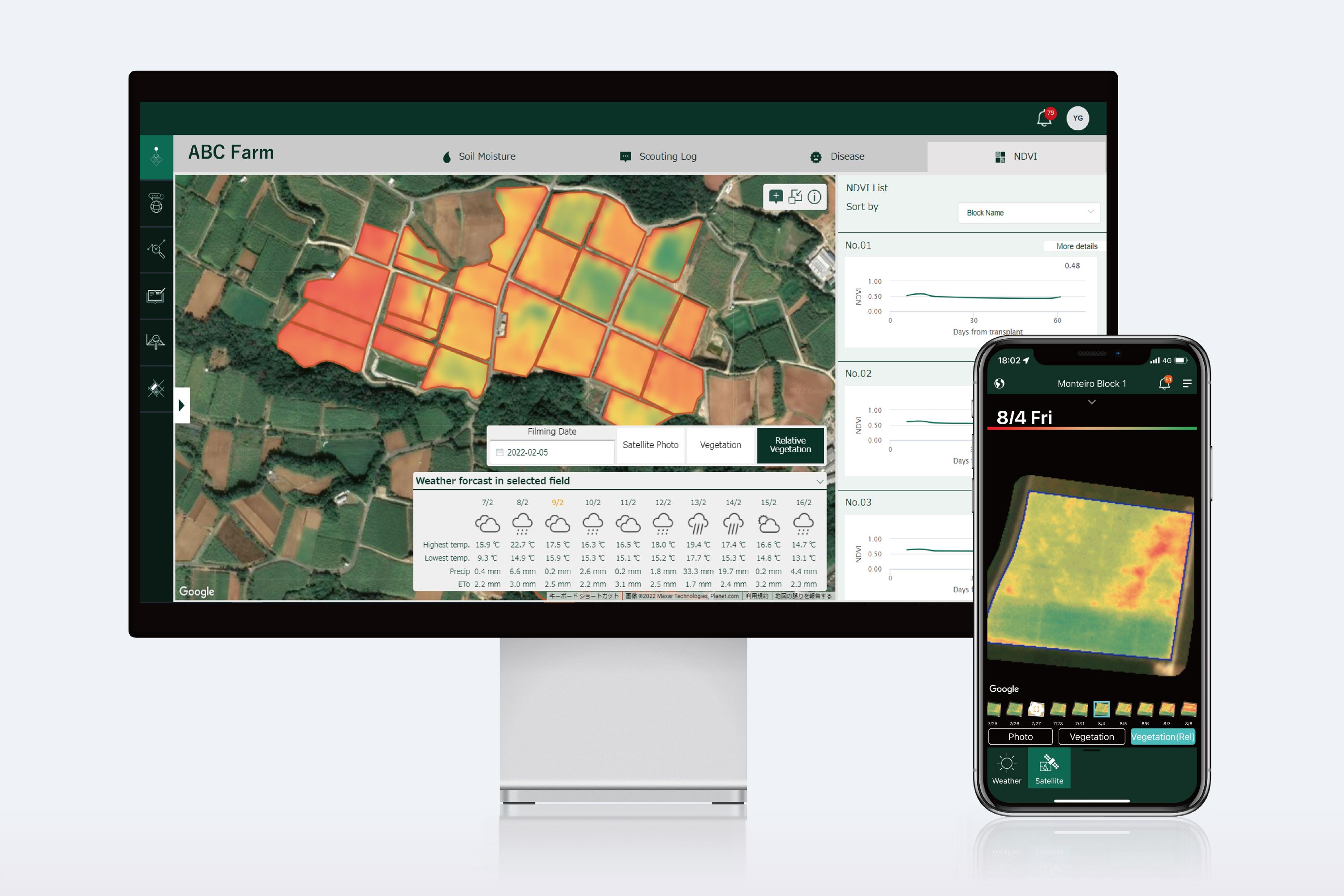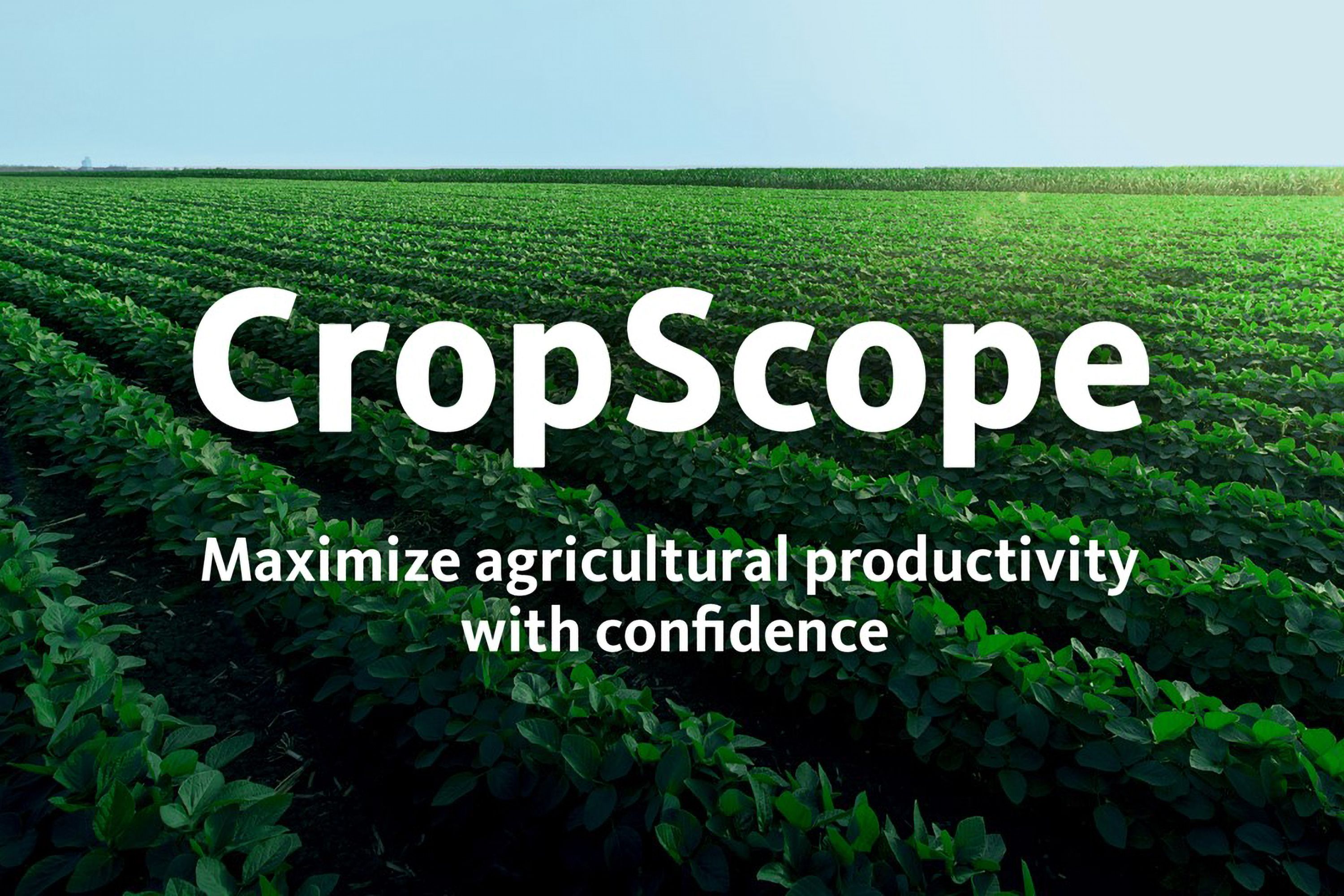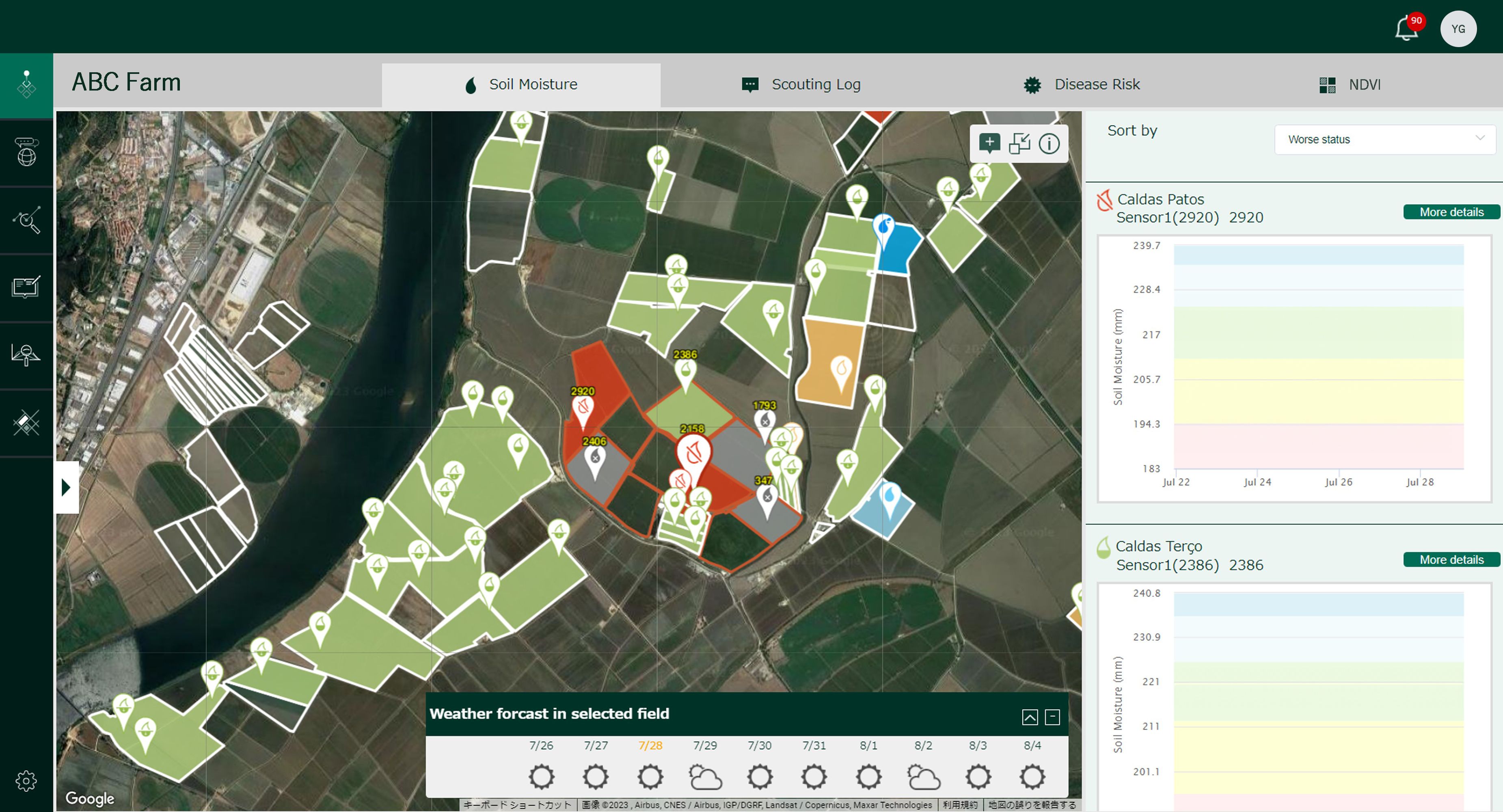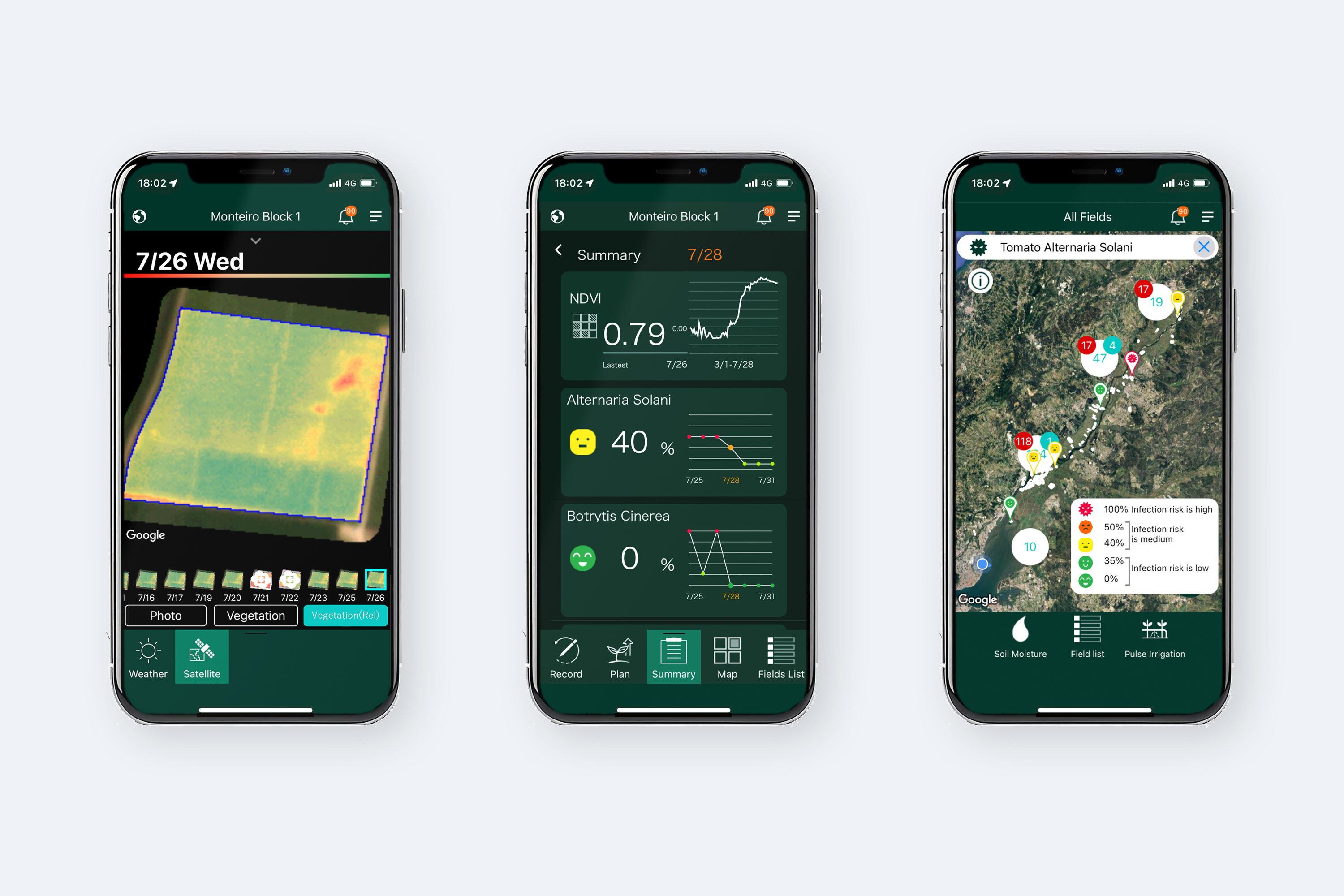
Designers
Yoshiteru Tomooka, Ryusuke Tsushima, Masakazu Ikenaga, Daiki Takahashi, Kanaya Hanae, Yuki Teranaga, Chitose Imura, Miri Surugaya, Yosuke Yamada
Year
2025
Category
Product
Country
Japan
Design Studio / Department
Corporate Design Department

Three questions to the project team
What was the particular challenge of the project from a UX point of view?
With diverse stakeholders involved, identifying important issues was a challenge. In the initial stages, we performed verification focused on issues that on-site workers were facing, including differences in work efficiency, and difficulties relating to data collection and management. These issues had multiple causes, such as inconsistent operator proficiency and a lack of appropriate tools. As a result, despite testing the introduction of digital tools and work process standardization, sufficient results were not achieved.
What was your personal highlight in the development process? Was there an aha!-moment, was there a low point?
Reliance on the knowledge of production and quality managers was identified as a crucial issue. Numerous decisions depend on the experience and knowledge of individual managers, which made it clear that understanding the situation on the ground in real-time and having mechanisms for data-informed decisions were crucial. Overcoming this challenge required seamless information sharing between diverse users, including between managers and workers and between managers and processing companies as well as grasping the solution not only through data-driven systems but also from a UX perspective.
Where do you see yourself and the project in the next five years?
In terms of the lack of human resources and issues regarding preserving knowledge, there is an urgent need to pass on the skills and know-how of experts. CropScope can contribute to resolving this issue by enabling people to record and share this expertise with the aim of standardizing work processes. Furthermore, in addition to benefiting on-site staff and managers, these efforts can lead to greater efficiency and optimization across entire supply chains. We intend to continue examining the results at actual work sites and make continuous improvements with a view to further expansion in the advancement of sustainable agriculture.


